Combat Dumping on Shores and in Marine Habitats
The world’s largest living turtle, the leatherback, is found off our Atlantic and Pacific coasts. With a shell as long as 2.5 metres, it can weigh up to 900 kilograms. You wouldn’t think much could get in this giant’s way. But, in fact, common plastic debris is causing leatherbacks terrible trouble. They mistake plastic bags, balloons or containers for jellyfish — their favourite food. Once swallowed, the plastic clogs the turtles’ intestines, causing them to die. Leatherbacks are already endangered worldwide because humans hunt the adult turtles and their eggs for food. They certainly don’t need to deal with another deadly menace like plastic debris.
The tonnes of litter tossed thoughtlessly into our waterways kills many other marine species as well. Six-pack rings from beer and pop cans often strangle fish and birds. Old fishing lines, nets, kite strings, and ropes can also be deadly. When animals get tangled, the debris causes cuts and infection. Seabirds, turtles, dolphins, and seals get exhausted from trailing nets behind them. These creatures can slowly strangle, suffocate, or die from infection.
Recent studies in Alaska show that, each year, as many as 30,000 northern fur seals get entangled in plastic debris and die. Birds, turtles, and even whales swallow plastic bags and other objects, thinking they’re food.
One survey estimates that recreational boaters dump an average of half a kilogram of garbage into the water every time they go out in their boats.
For centuries, seafarers threw their litter into the drink without a worry. But that was before indestructible plastics came along. In those days, trash was made up of natural material that decomposed with no harm to wildlife. Today, litter is an enormous ecological problem, but one we can solve so easily. In the Maritimes, a group of commercial fishermen has organized a hugely successful plan to stop ocean pollution. In the Ship to Shore Trash Campaign, fishermen now bring their garbage ashore instead of tossing it overboard. Fishing boats along the Acadian shore of New Brunswick bring ashore about 9,500 kilograms of trash every week! The campaign could make the difference between life and death for leatherback turtles.
Here’s how you can be tender to turtles and other marine wildlife:
- Don’t litter. Discourage others from doing so too.
- Organize a shore-line cleanup.
- Adopt a beach — once a week or month pick up all the litter you find there.
- Inform your family, friends, and community about the dangers of plastic and other litter to wildlife.
- Join a group in your area that’s actively combatting dumping on shores and in marine habitats. If there isn’t such a group in your community, why not get one started?










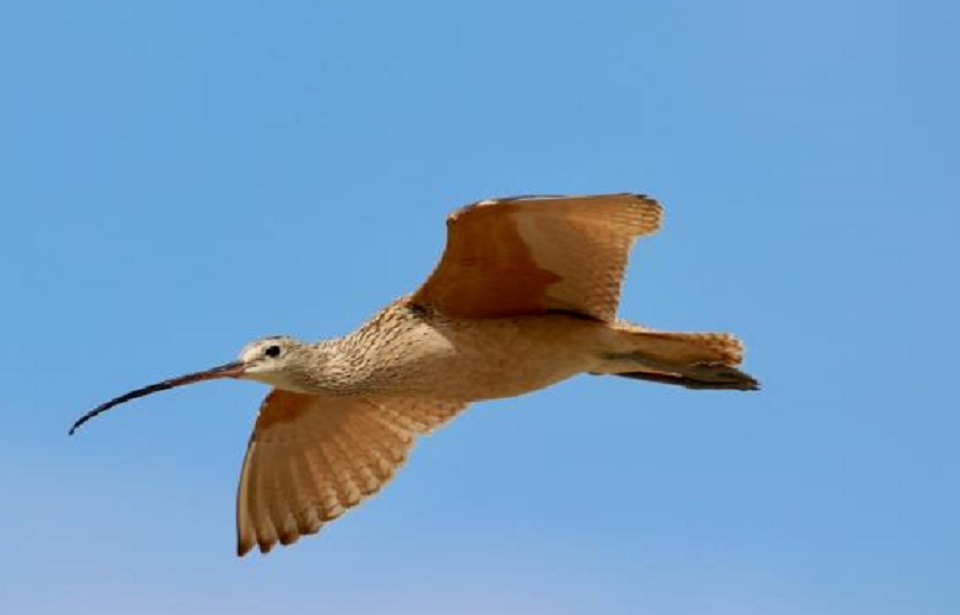

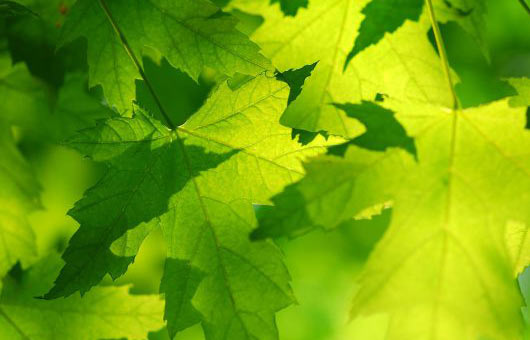
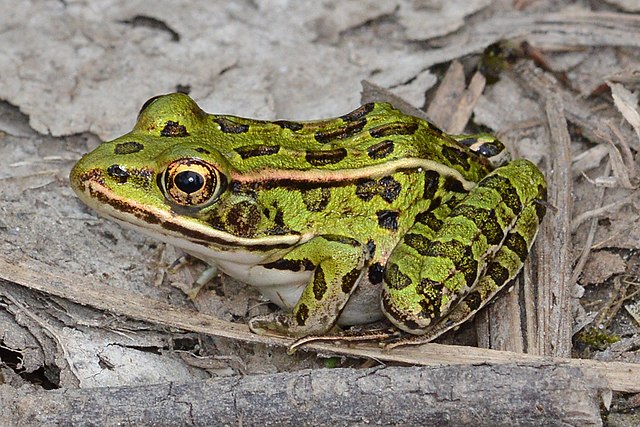
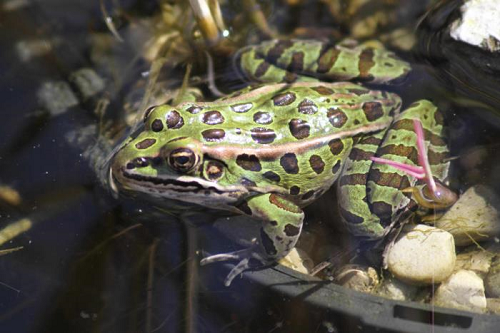
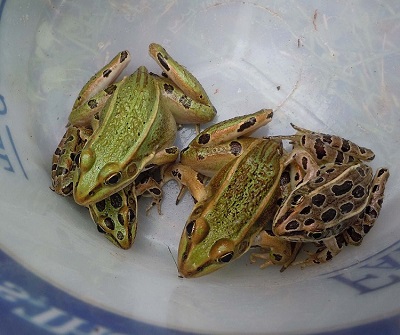
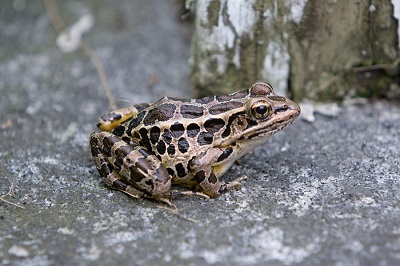

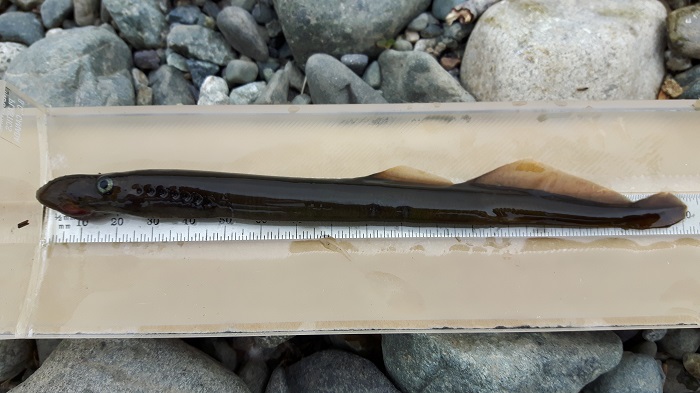
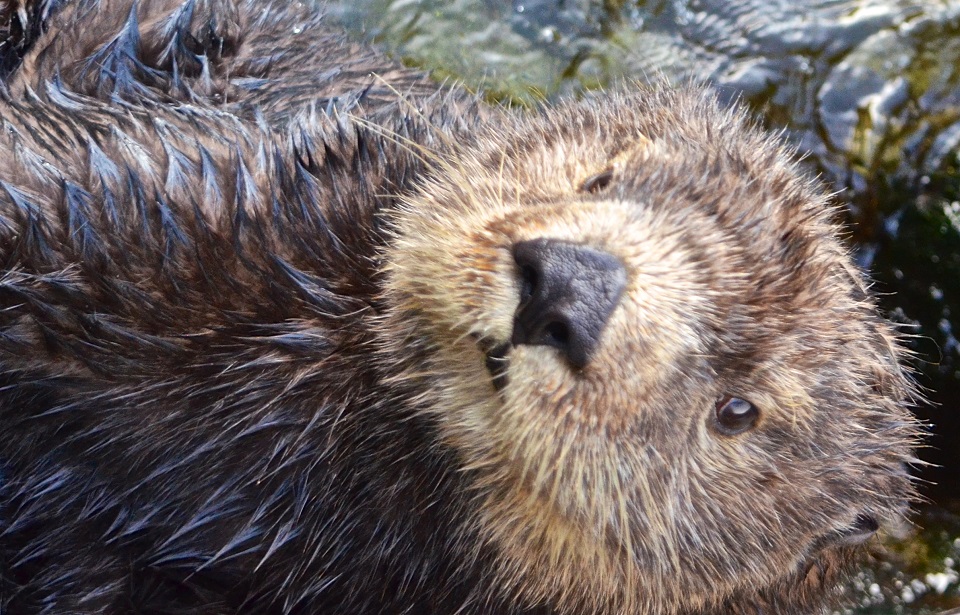
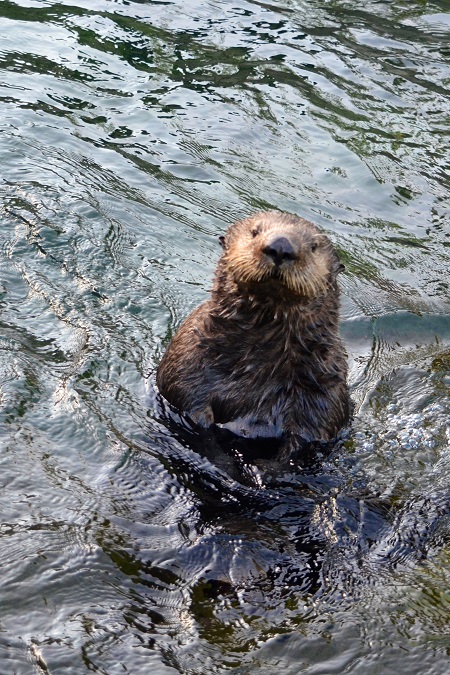
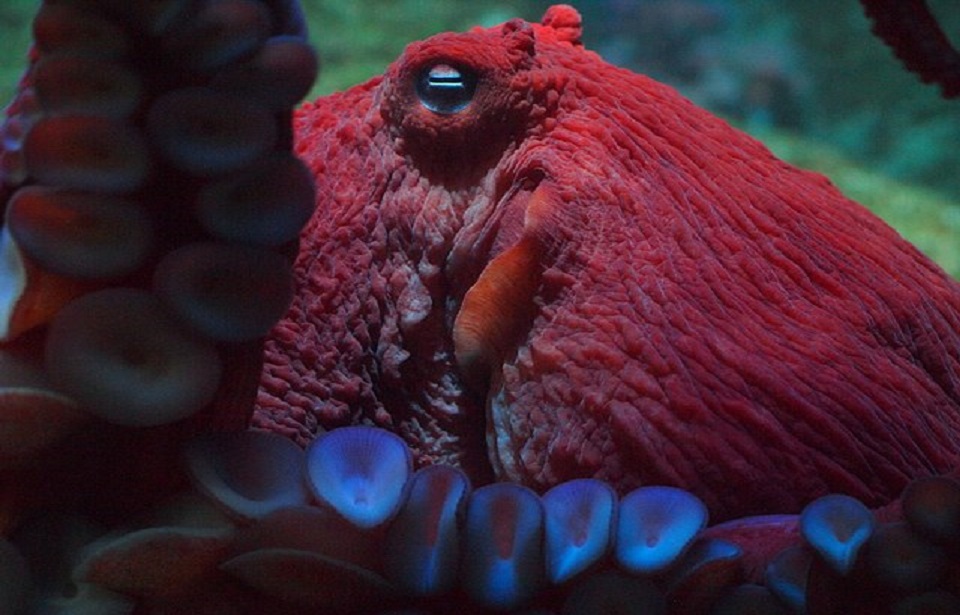
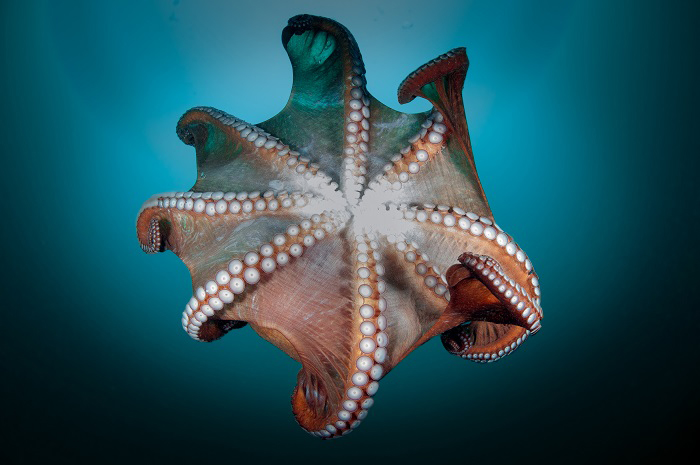

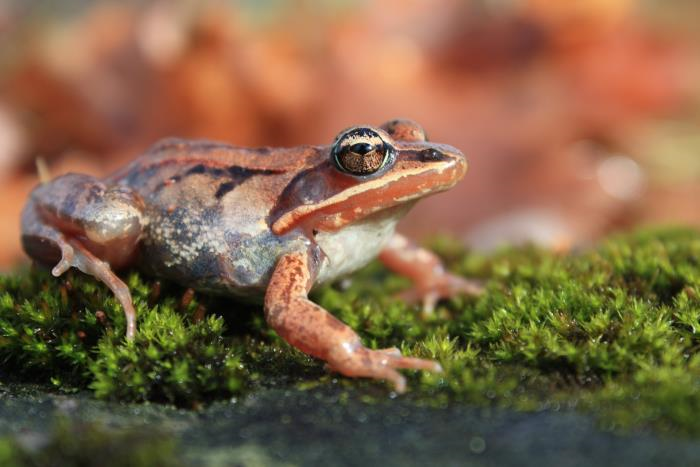

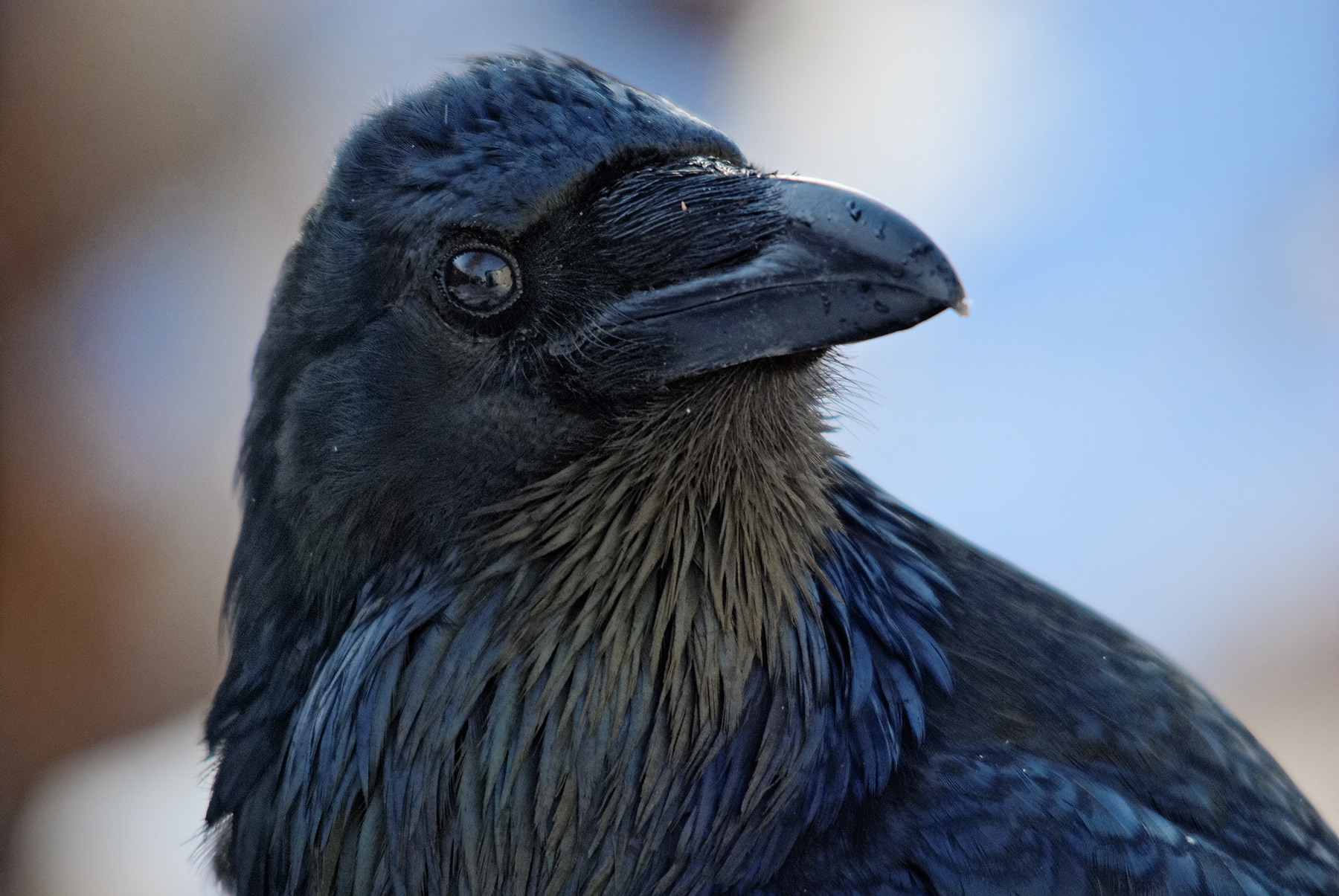
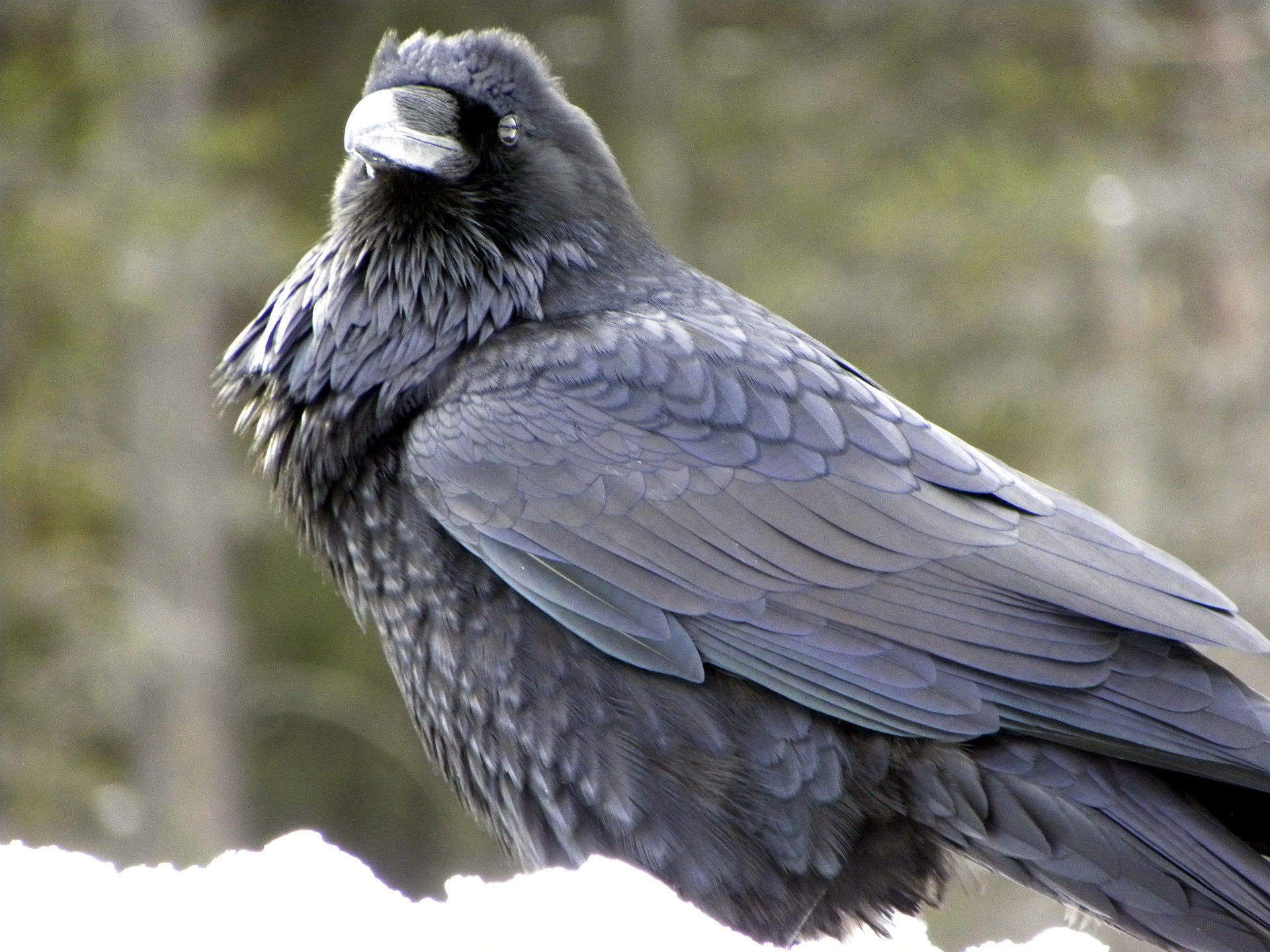
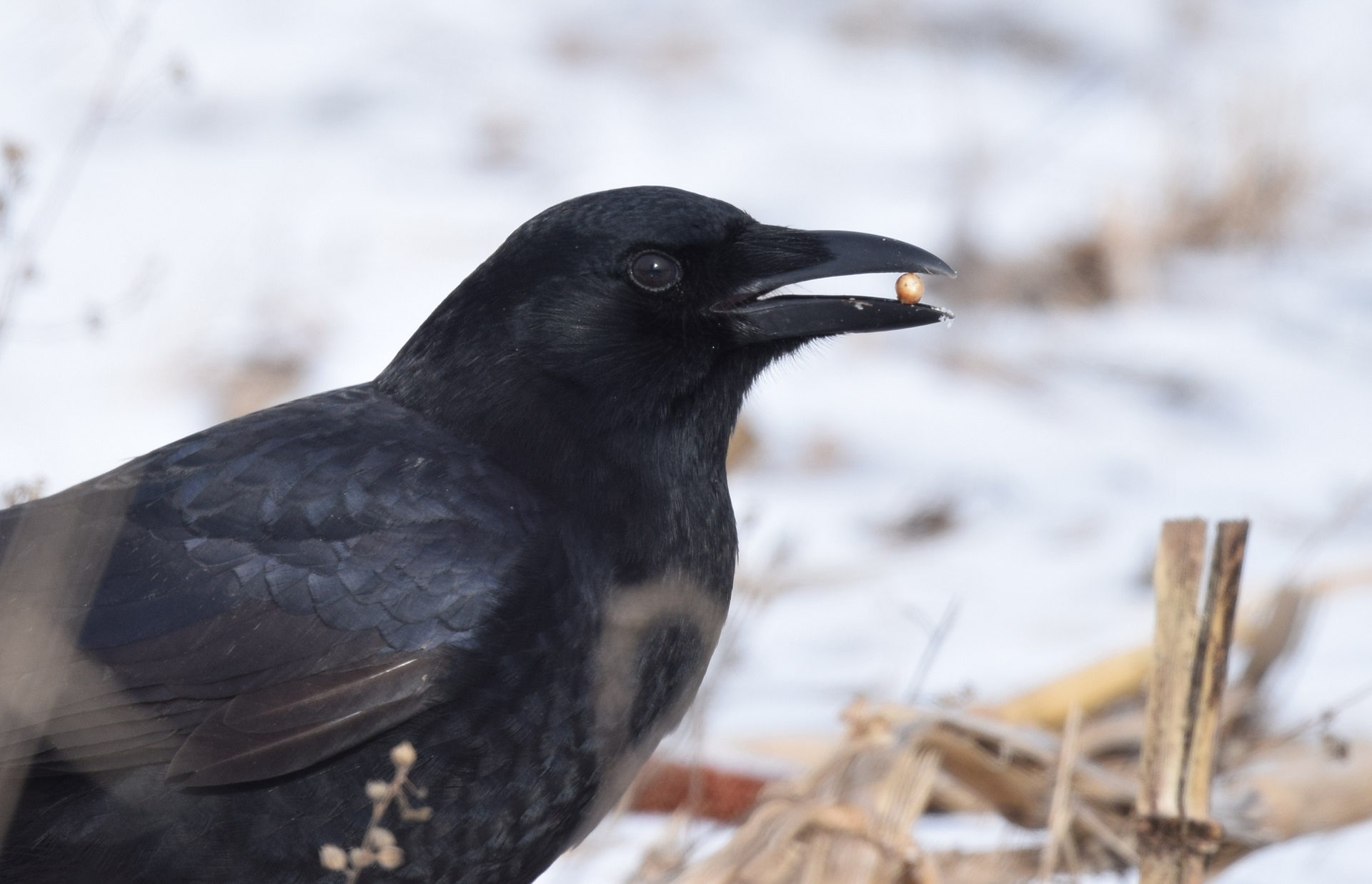
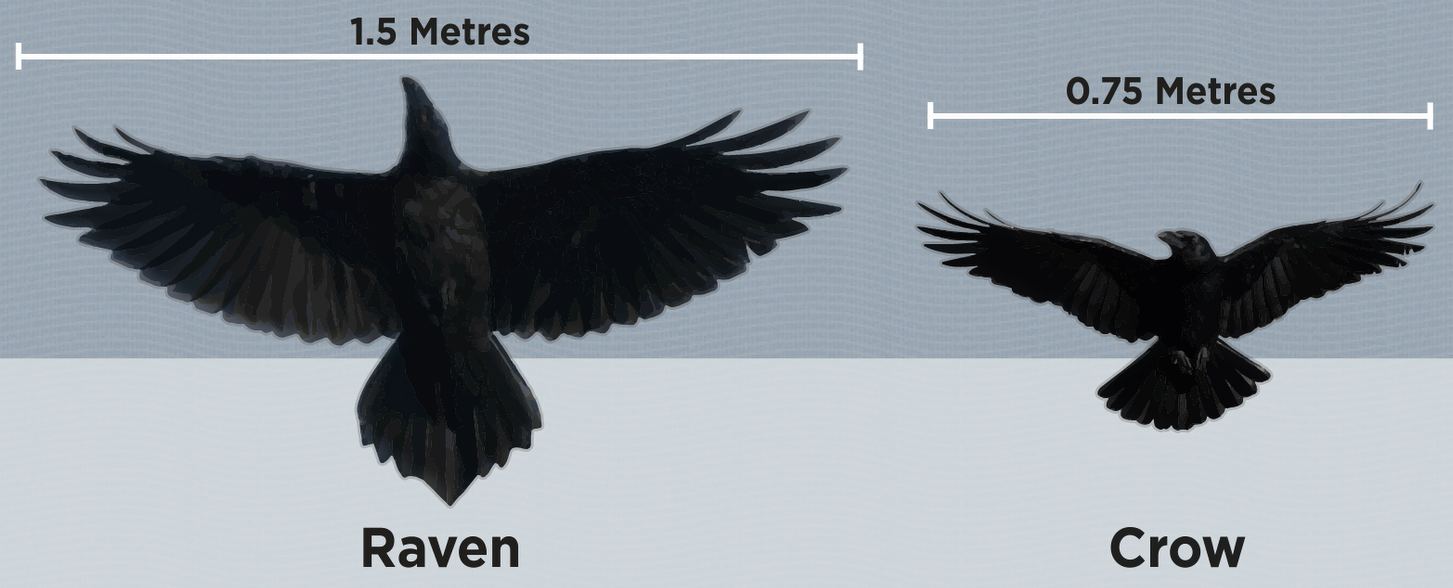
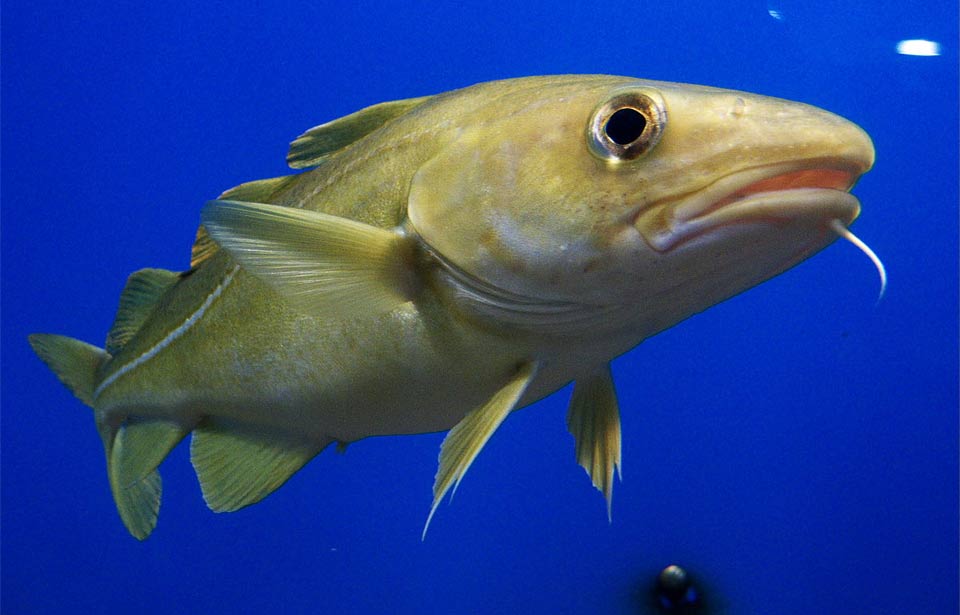
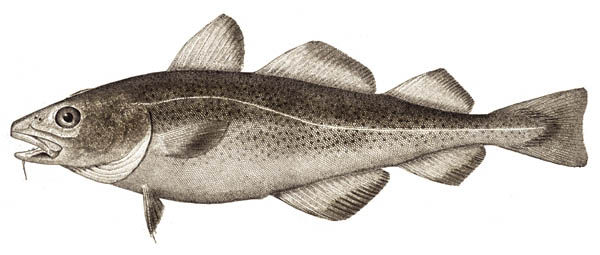 The Atlantic Cod (Gadus morhua) is a medium to large saltwater fish: generally averaging two to three kilograms in weight and about 65 to 100 centimetres in length, the largest cod on record weighed about 100 kg and was more than 180 cm long! Individuals living closer to shore tend to be smaller than their offshore relatives, but male and female cod are not different in size, wherever they live.
The Atlantic Cod (Gadus morhua) is a medium to large saltwater fish: generally averaging two to three kilograms in weight and about 65 to 100 centimetres in length, the largest cod on record weighed about 100 kg and was more than 180 cm long! Individuals living closer to shore tend to be smaller than their offshore relatives, but male and female cod are not different in size, wherever they live.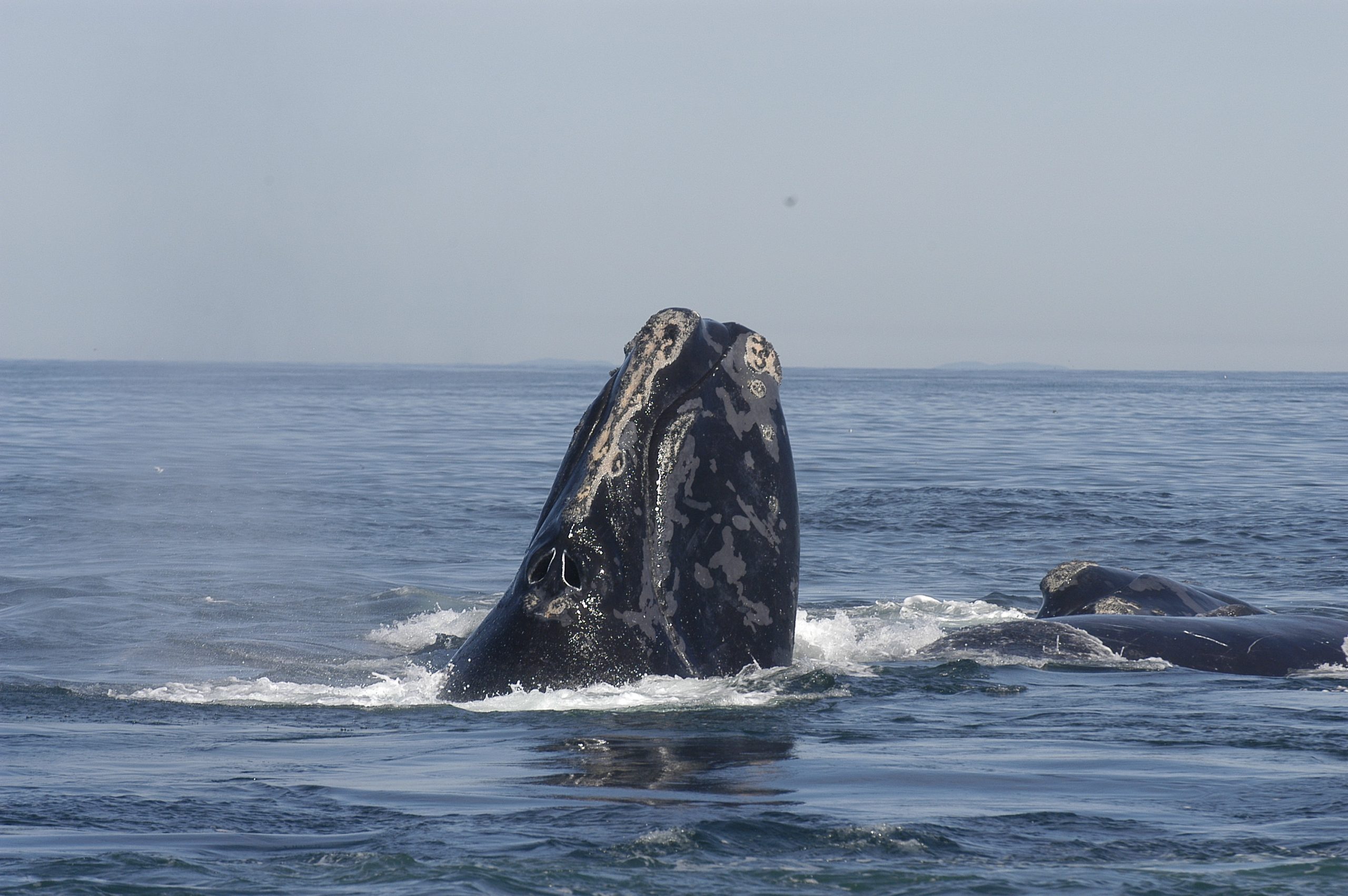
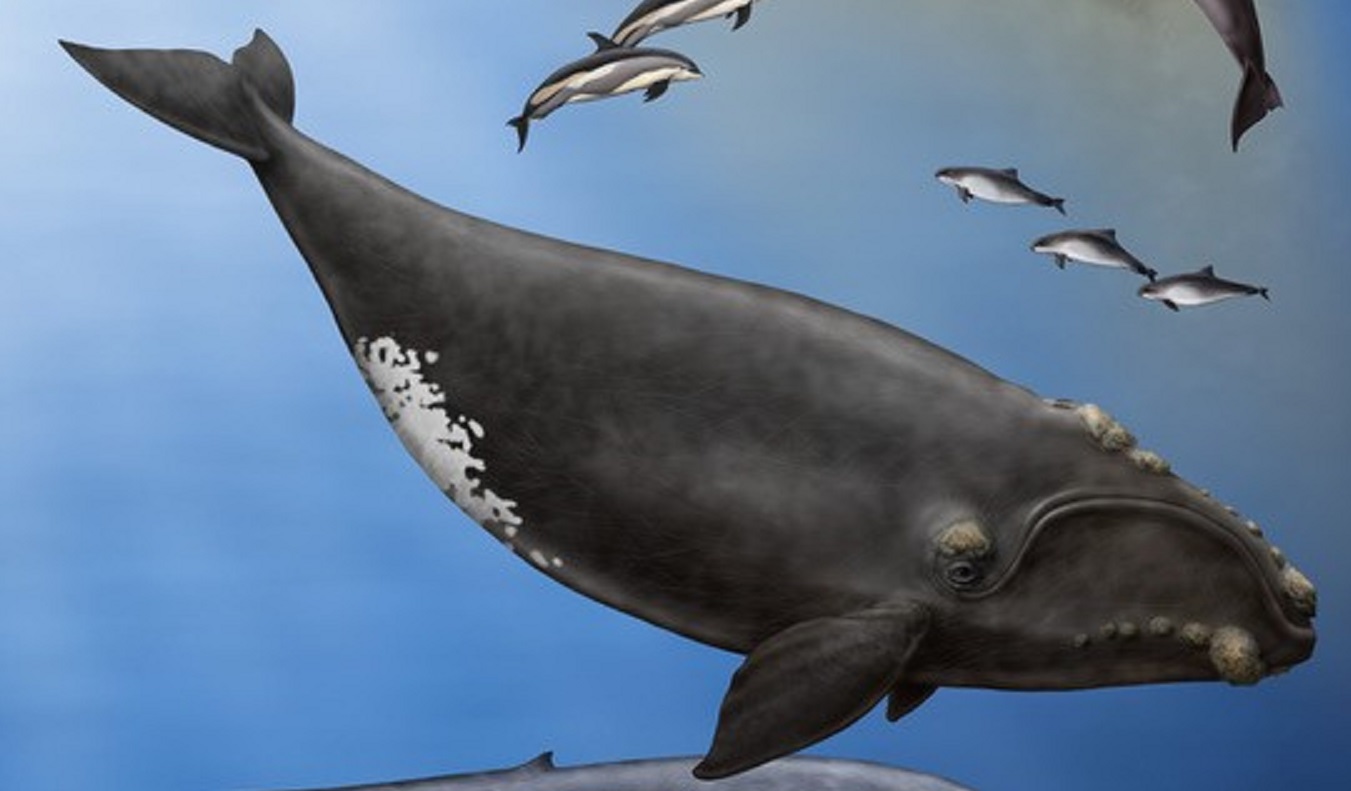 The North Atlantic Right Whale (Eubalæna glacialis) is one of the rarest of the large whales. It can weigh up to 63,500 kilograms and measure up to 16 metres. That’s the length of a transport truck and twice the weight! Females tend to be a bit larger than males – measuring, on average, one metre longer. Considering its weight, it’s fairly short, giving it a stocky, rotund appearance. Its head makes up about a fourth of its body length, and its mouth is characterized by its arched, or highly curved, jaw. The Right Whale’s head is partially covered in what is called callosities (black or grey raised patches of roughened skin) on its upper and lower jaws, and around its eyes and blowhole. These callosities can appear white or cream as small cyamid crustaceans, called “whale lice”, attach themselves to them. Its skin is otherwise smooth and black, but some individuals have white patches on their bellies and chin. Under the whale’s skin, a blubber layer of sometimes more than 30 centimetres thick helps it to stay warm in the cold water and store energy. It has large, triangular flippers, or pectoral fins. Its tail, also called flukes or caudal fins, is broad (six m wide from tip to tip!), smooth and black. That’s almost the same size as the Blue Whale’s tail, even though Right Whales are just over half their size. Unlike most other large whales, it has no dorsal fin.
The North Atlantic Right Whale (Eubalæna glacialis) is one of the rarest of the large whales. It can weigh up to 63,500 kilograms and measure up to 16 metres. That’s the length of a transport truck and twice the weight! Females tend to be a bit larger than males – measuring, on average, one metre longer. Considering its weight, it’s fairly short, giving it a stocky, rotund appearance. Its head makes up about a fourth of its body length, and its mouth is characterized by its arched, or highly curved, jaw. The Right Whale’s head is partially covered in what is called callosities (black or grey raised patches of roughened skin) on its upper and lower jaws, and around its eyes and blowhole. These callosities can appear white or cream as small cyamid crustaceans, called “whale lice”, attach themselves to them. Its skin is otherwise smooth and black, but some individuals have white patches on their bellies and chin. Under the whale’s skin, a blubber layer of sometimes more than 30 centimetres thick helps it to stay warm in the cold water and store energy. It has large, triangular flippers, or pectoral fins. Its tail, also called flukes or caudal fins, is broad (six m wide from tip to tip!), smooth and black. That’s almost the same size as the Blue Whale’s tail, even though Right Whales are just over half their size. Unlike most other large whales, it has no dorsal fin.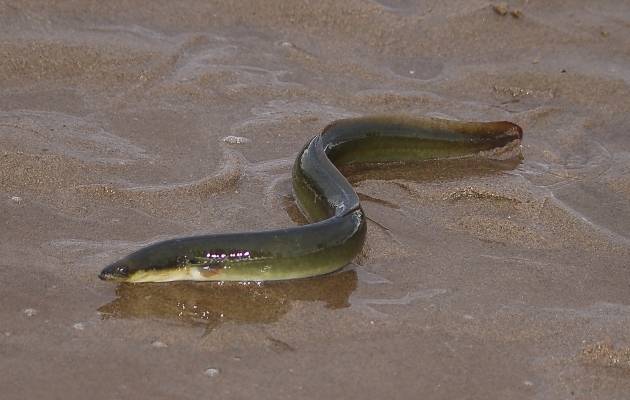
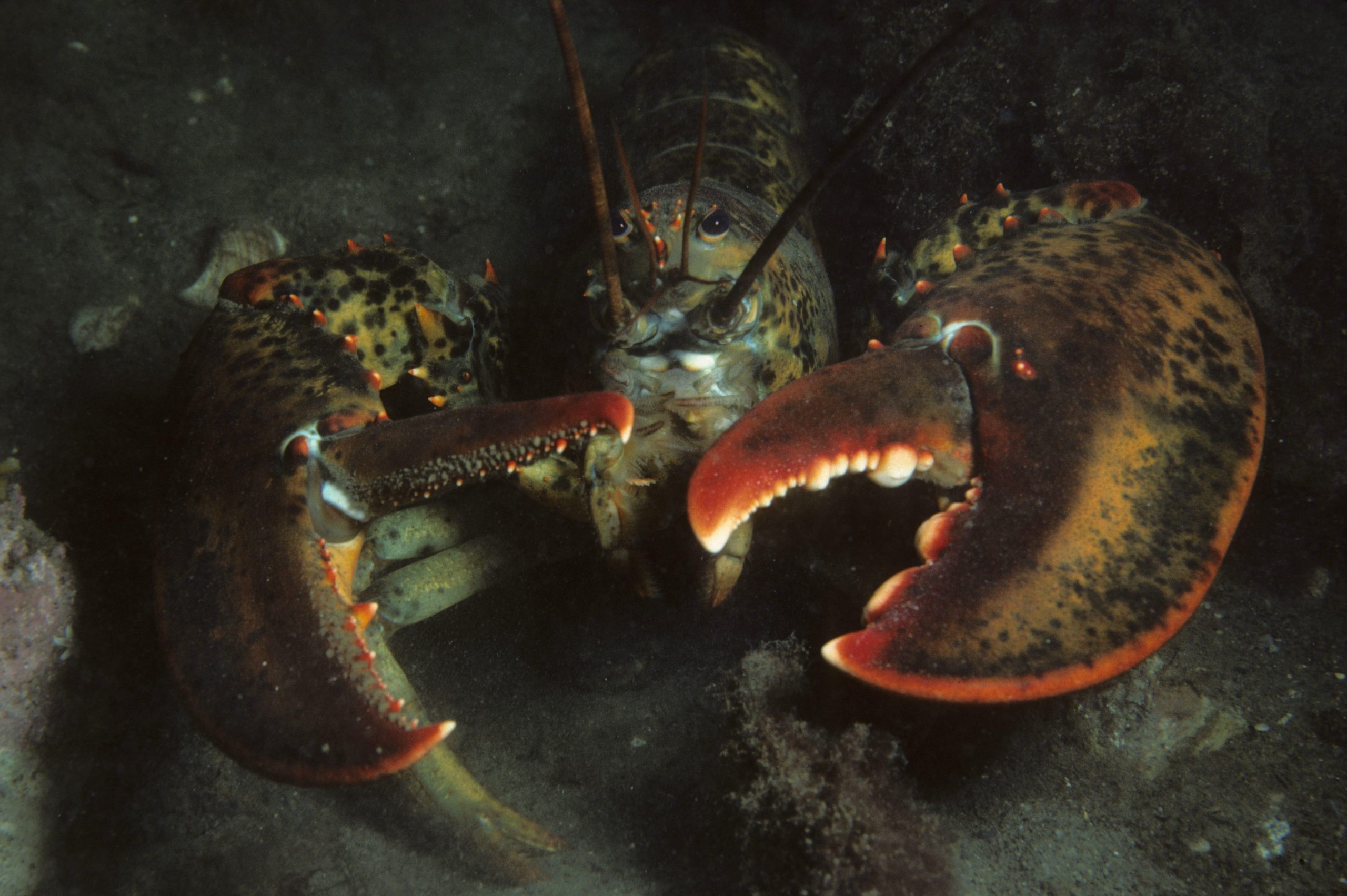
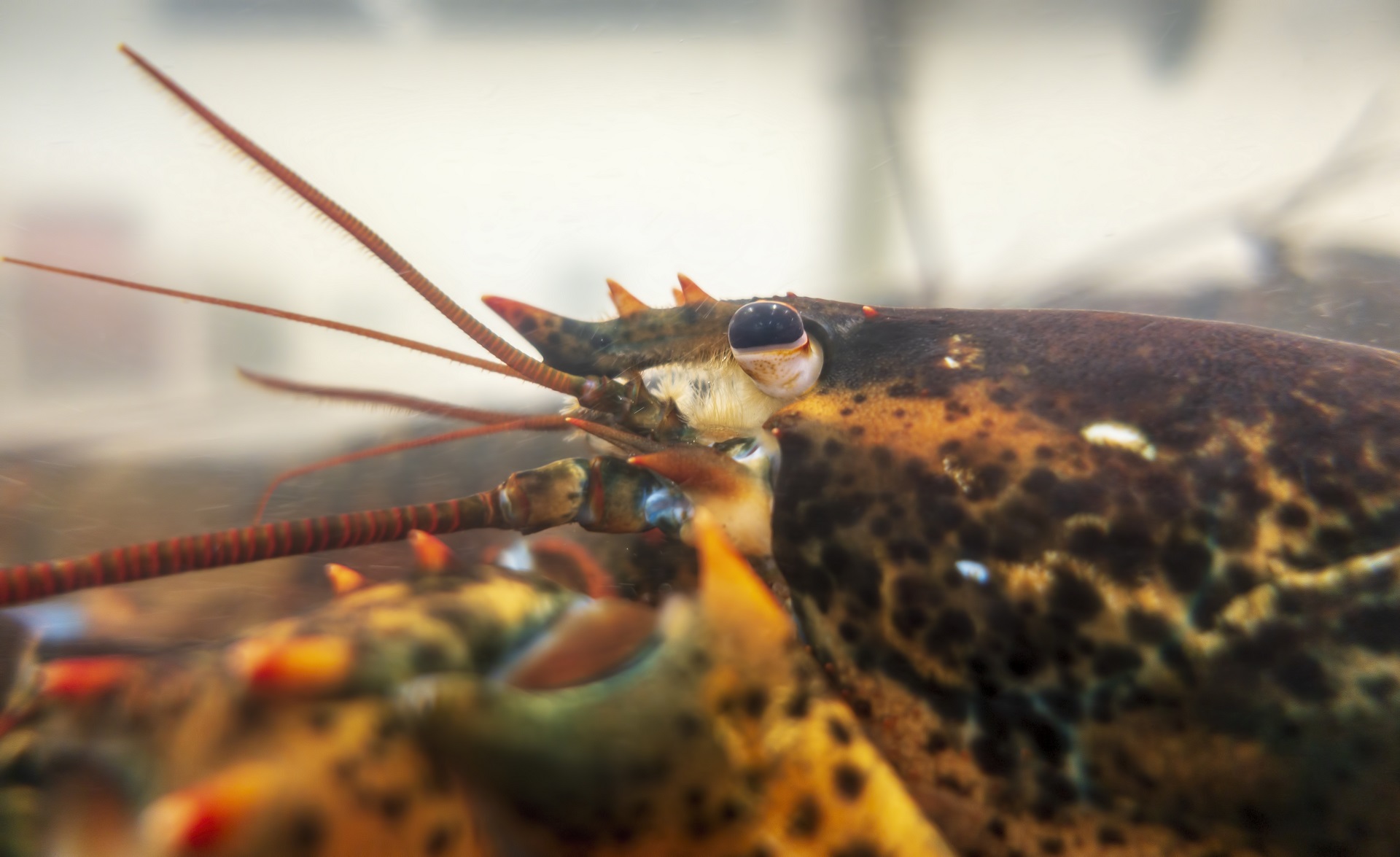
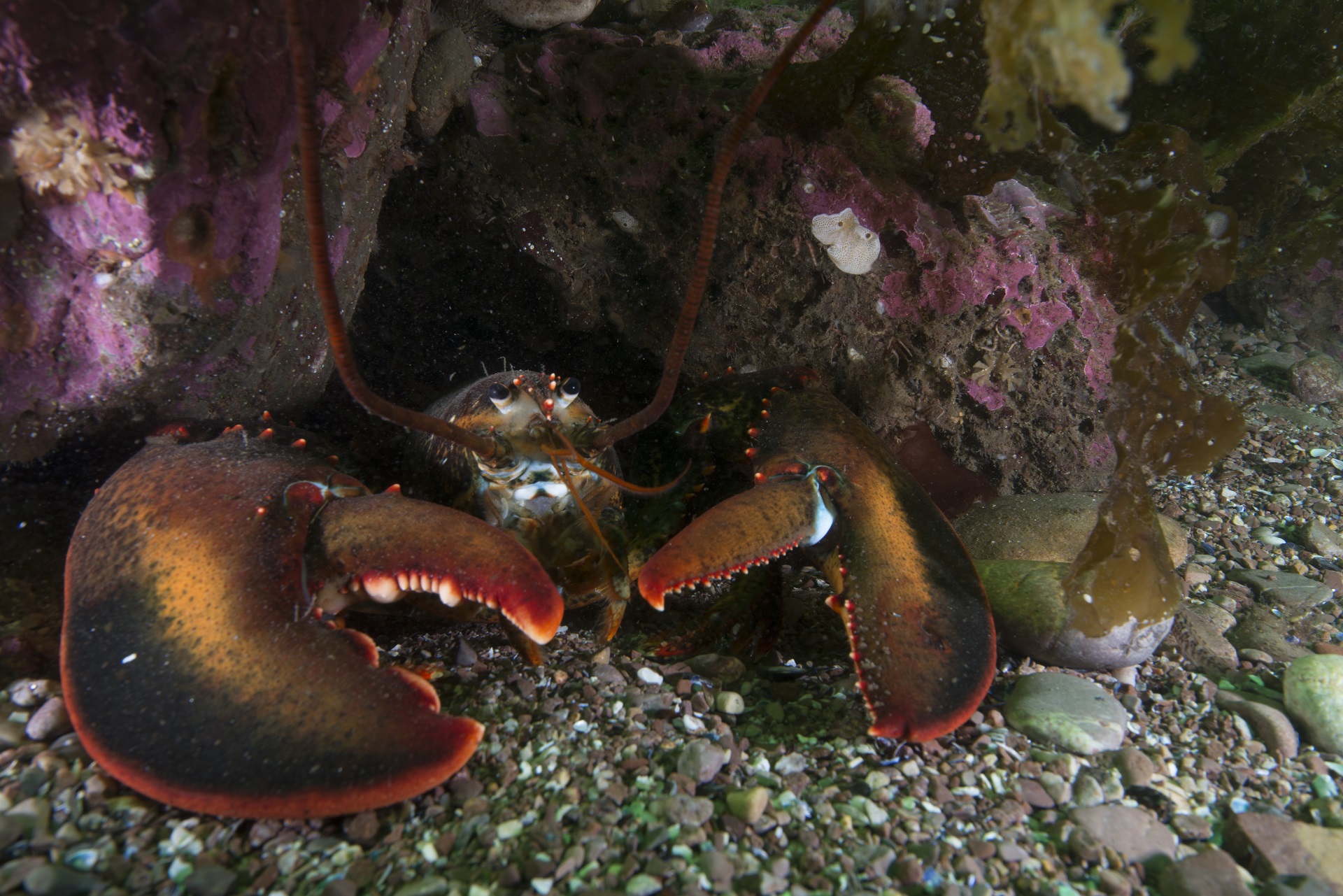
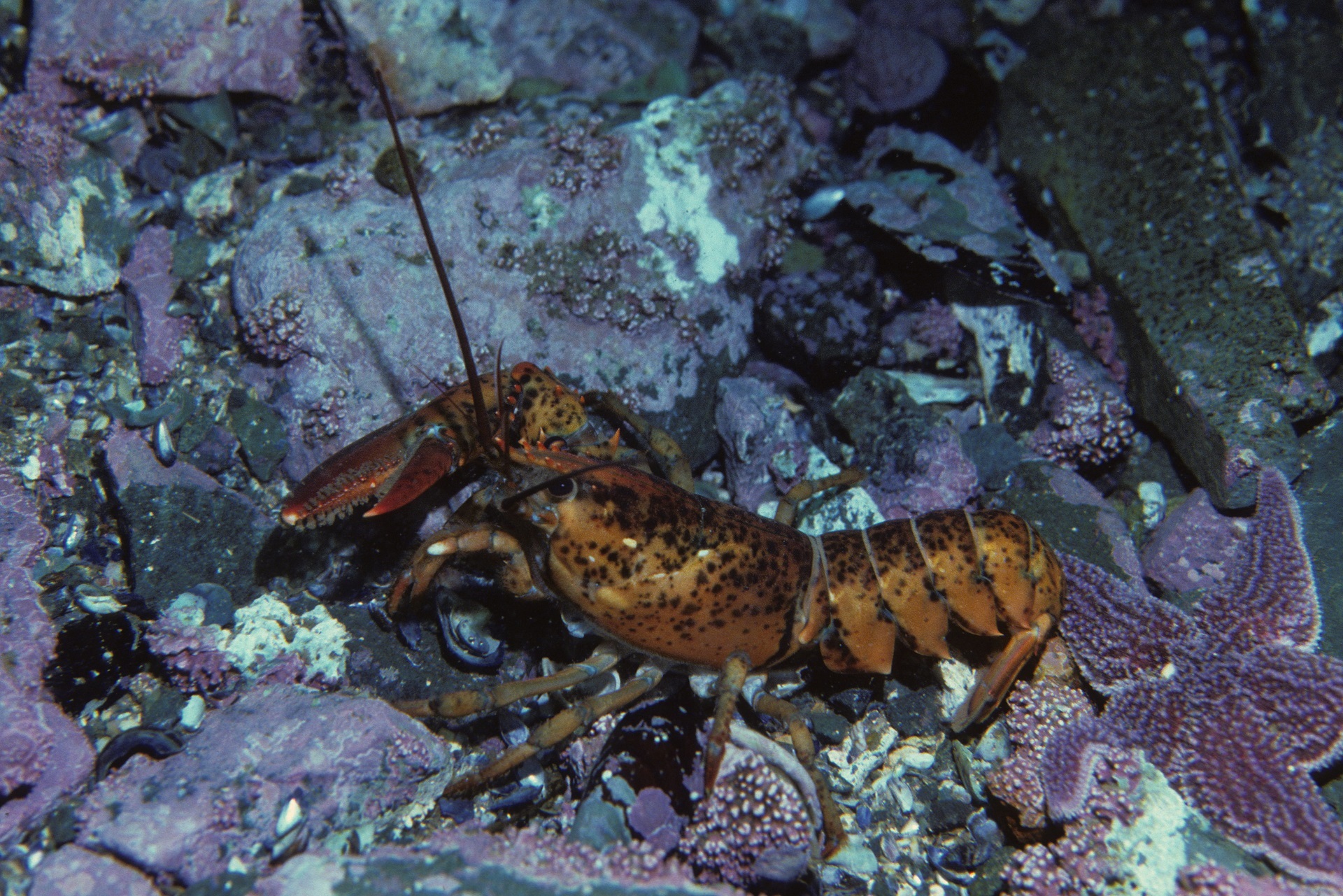
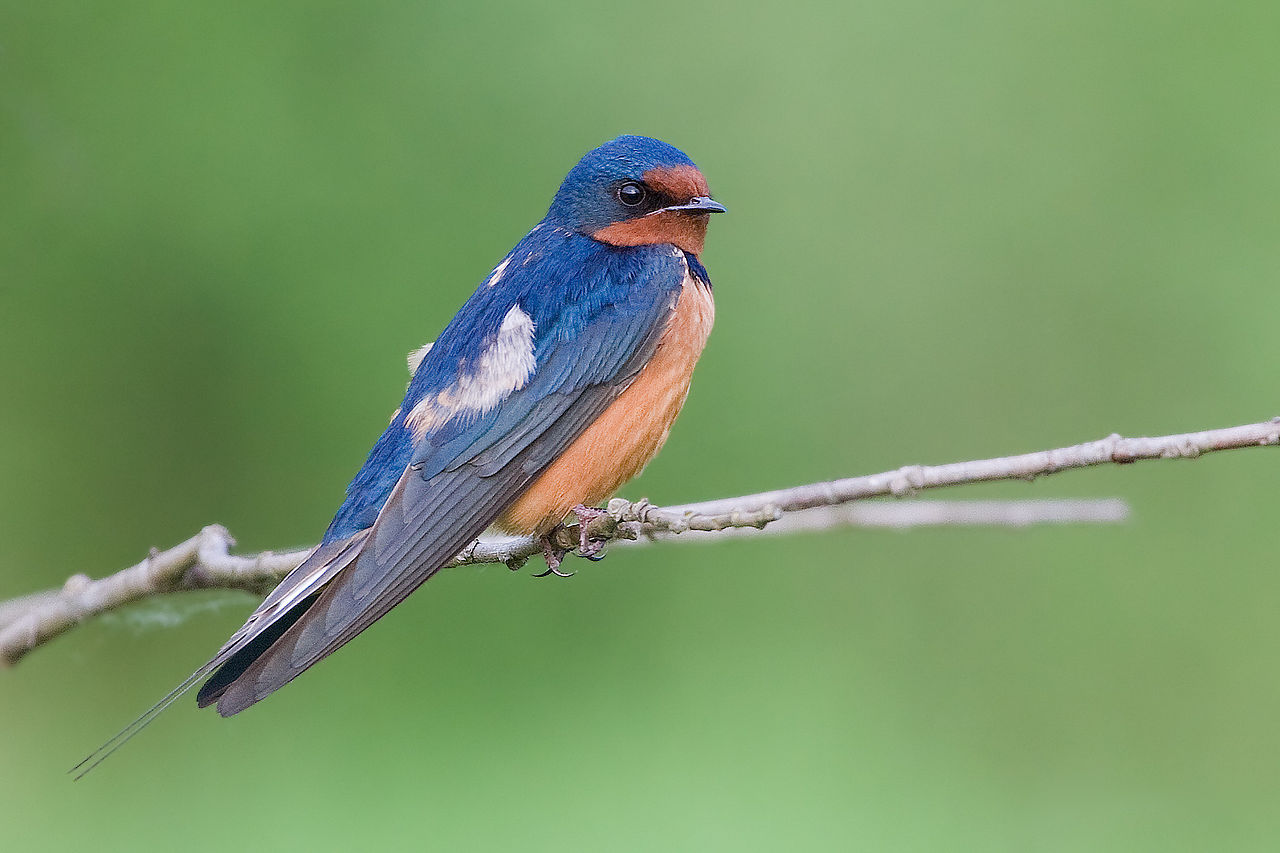

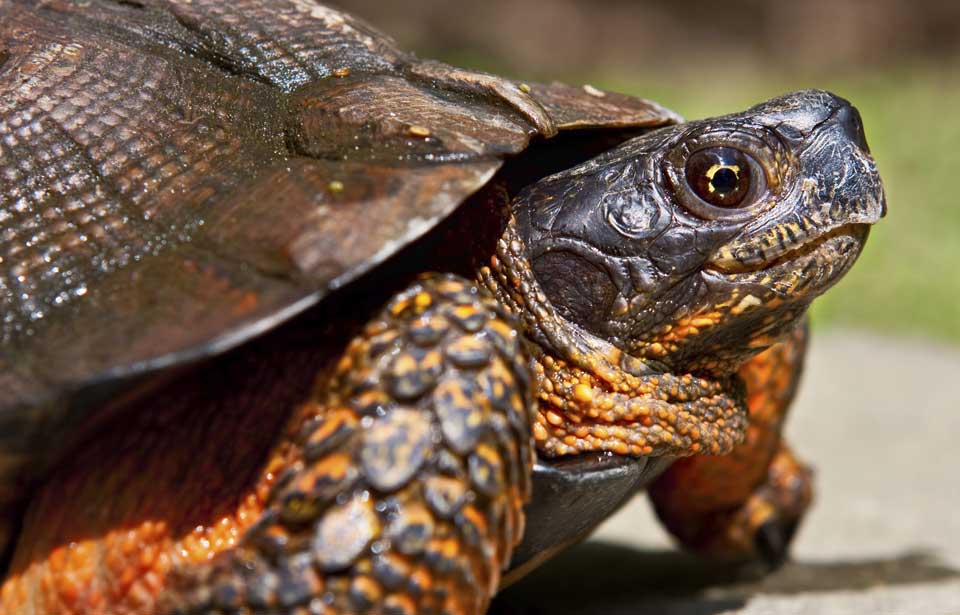
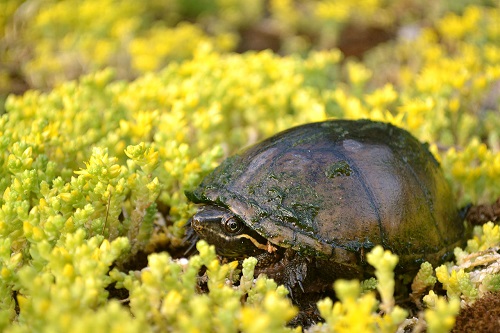
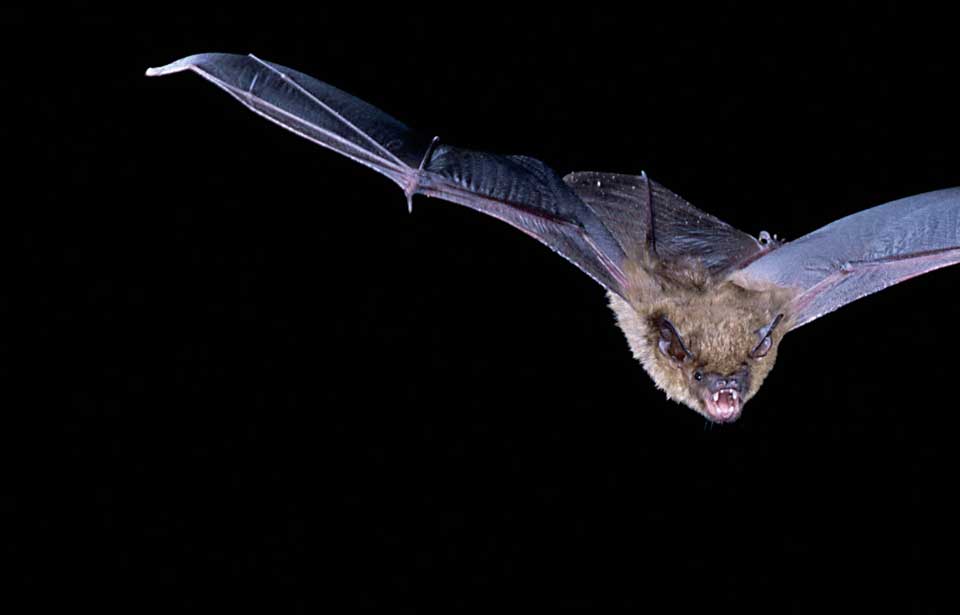
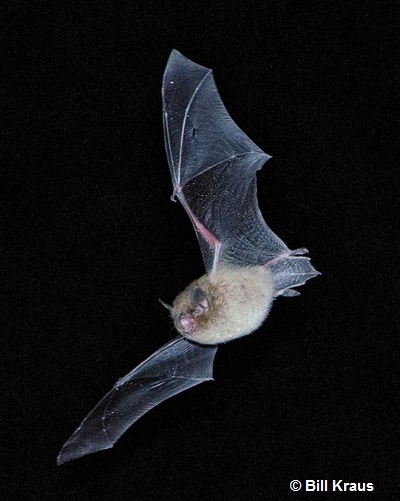
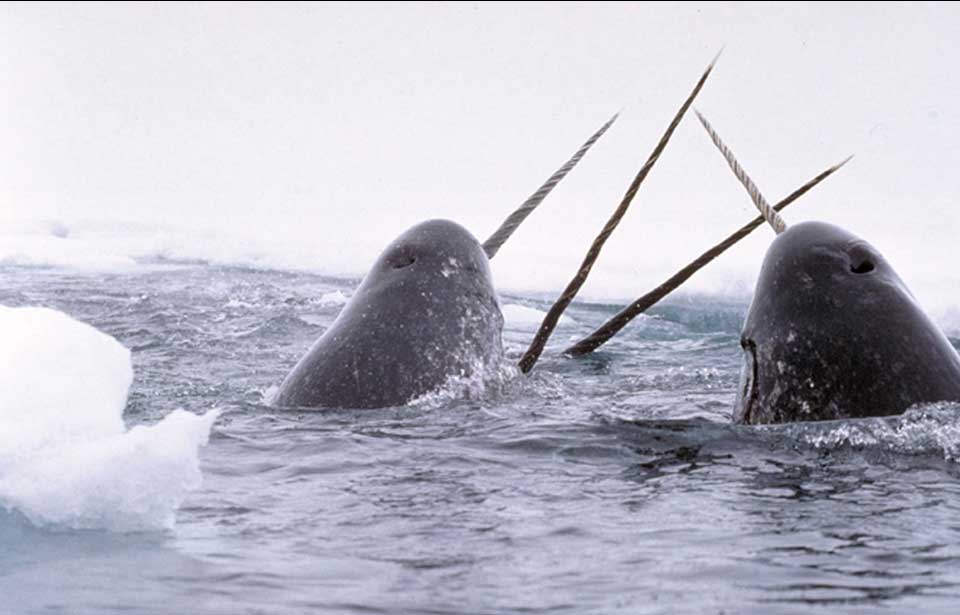
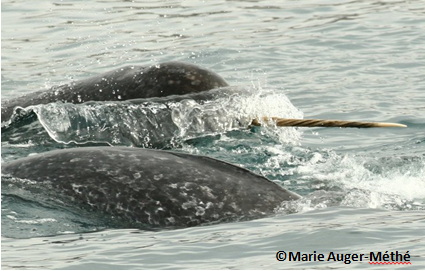
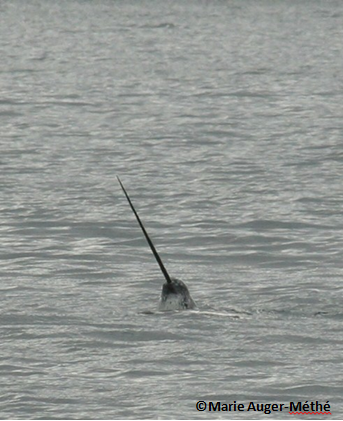
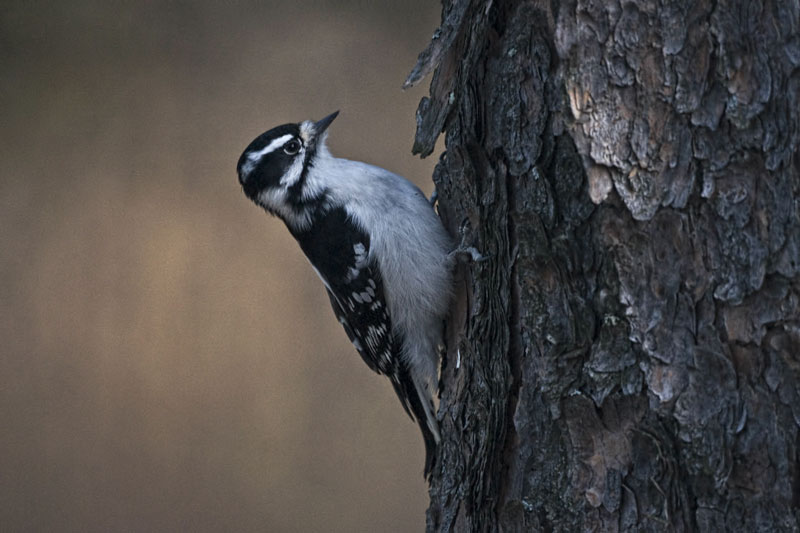
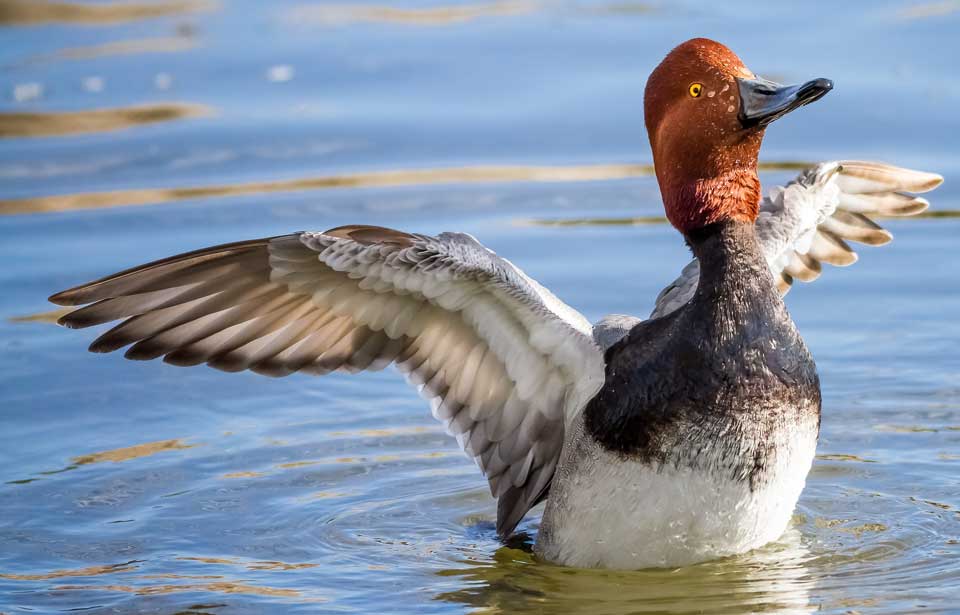
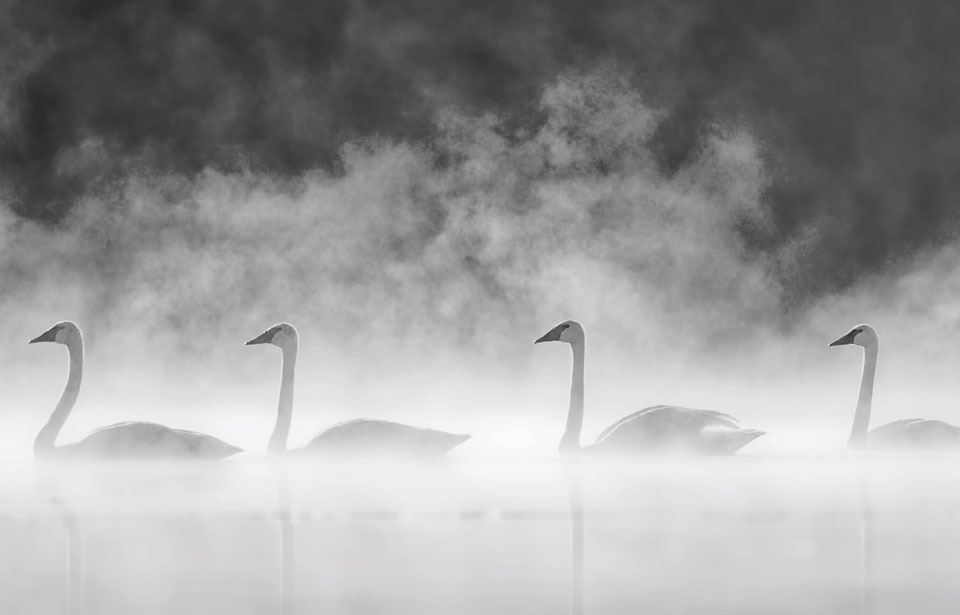
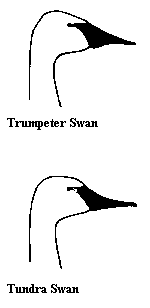 Adult Trumpeter Swans Cygnus buccinator are large birds with white feathers and black legs and feet. The feathers of the head and the upper part of the neck often become stained orange as a result of feeding in areas rich in iron salts. The lack of colour anywhere on the swans’ bodies distinguishes them from other white species of waterfowl, such as snow geese, which have black wing tips.
Adult Trumpeter Swans Cygnus buccinator are large birds with white feathers and black legs and feet. The feathers of the head and the upper part of the neck often become stained orange as a result of feeding in areas rich in iron salts. The lack of colour anywhere on the swans’ bodies distinguishes them from other white species of waterfowl, such as snow geese, which have black wing tips.